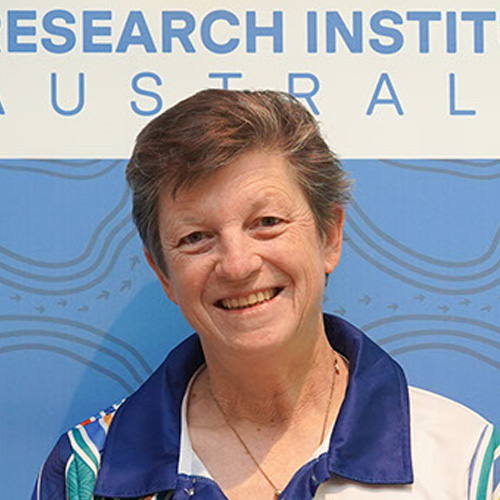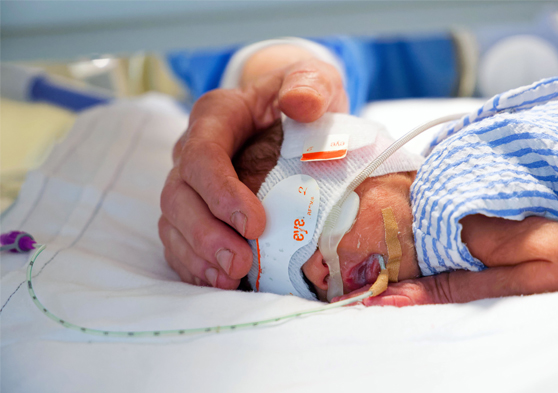Search
Research
Enteral Vitamin A for Reducing Severity of Bronchopulmonary Dysplasia: A Randomized TrialEvidence suggests that intramuscular vitamin A reduces the risk of bronchopulmonary dysplasia (BPD) in preterm infants. Our objective was to compare enteral water-soluble vitamin A with placebo supplementation to reduce the severity of BPD in extremely preterm infants.
Research
Pulmonary Gas Exchange Improves over the First Year in Preterm Infants with and without Bronchopulmonary DysplasiaRight shift of the peripheral oxyhaemoglobin saturation (SpO2) versus inspired oxygen pressure (PIO2) curve is a sensitive marker of pulmonary gas exchange. The aim of this study was to assess the impact of prematurity and bronchopulmonary dysplasia (BPD) on gas exchange and right-to-left shunt in the neonatal period, and its evolution over the first year of life.
Research
Interleukin-4 modulates type I interferon to augment antitumor immunityDespite advances in immunotherapy, metastatic melanoma remains a considerable therapeutic challenge due to the complexity of the tumor microenvironment. Intratumoral type I interferon (IFN-I) has long been associated with improved clinical outcomes. However, several IFN-I subtypes can also paradoxically promote tumor growth in some contexts.

Research
Neurodevelopmental impairment in children with Robin sequence: A systematic review and meta-analysisEstimate the global prevalence of neurodevelopmental impairment in children with Robin sequence (RS) at one year or more of age.
Research
Antenatal creatine supplementation reduces persistent fetal lung inflammation and oxidative stress in an ovine model of chorioamnionitisChorioamnionitis is a common antecedent of preterm birth and induces inflammation and oxidative stress in the fetal lungs. Reducing inflammation and oxidative stress in the fetal lungs may improve respiratory outcomes in preterm infants. Creatine is an organic acid with known anti-inflammatory and antioxidant properties.

Meet the team behind the CIRCA DIEM study.

A sub-study is an ‘add-on’ study that helps to answer specific questions within a larger research project. If you decide to participate in the CIRCA DIEM study, you or your child may be invited to take part in one of the CIRCA DIEM sub-studies.

The CIRCA DIEM study aims to establish if cycling environmental light and noise levels for premature infants during their initial hospital stay leads to earlier development of circadian (daily) rhythms and better outcomes for the preterm babies, including improved brain development.
